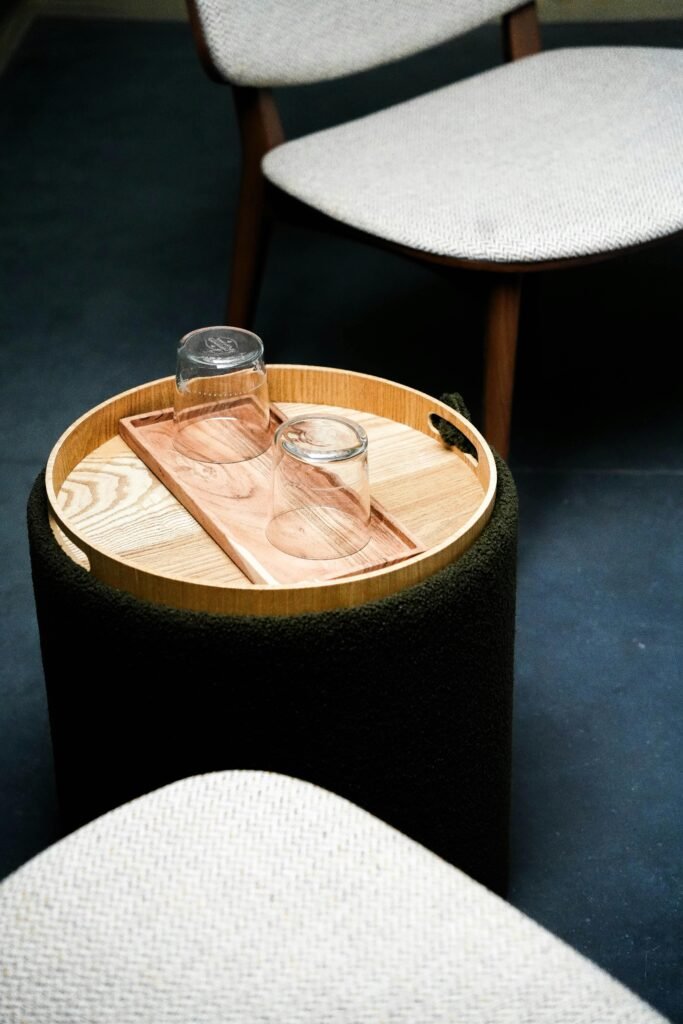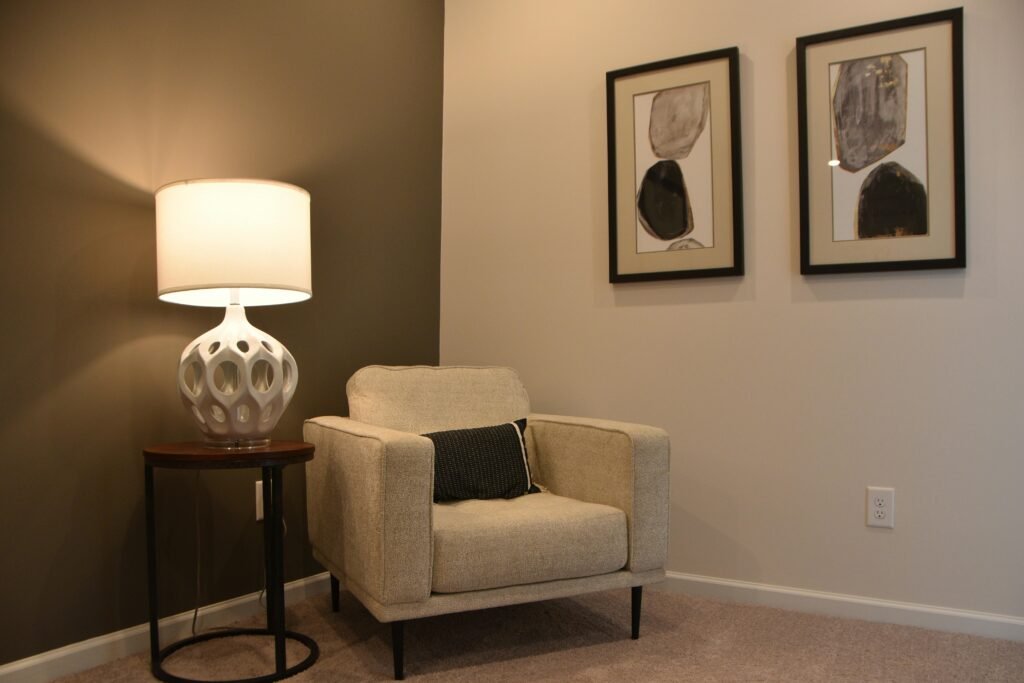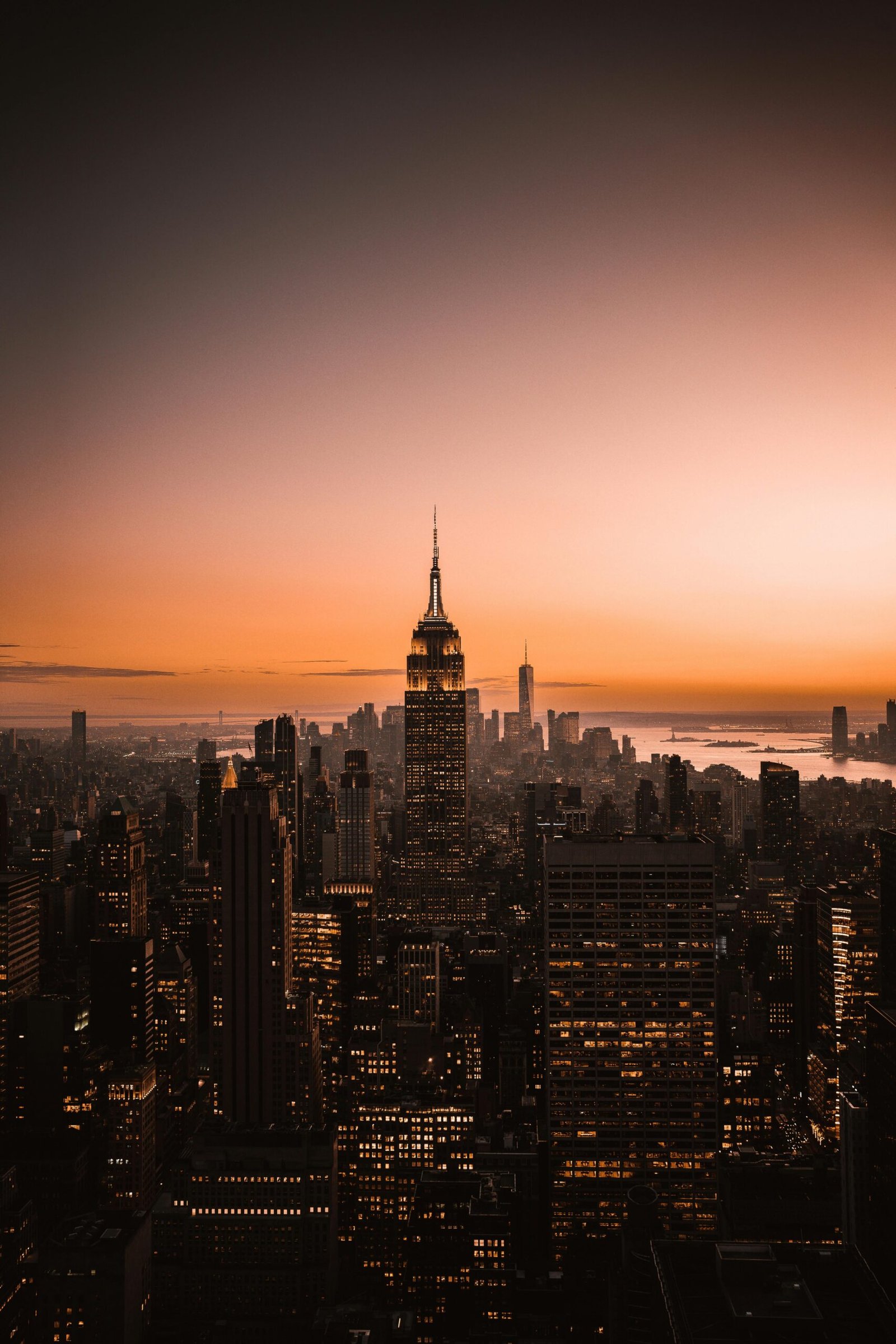Every item you cling to whispers a story—but not every story deserves a place in your future. I learned this the hard way. One afternoon, standing in a room crammed with sentimental clutter, I saw the truth: I wasn’t keeping these things; they were keeping me.
The sweater from a vacation I barely remember. The chipped vase from a relationship I should’ve left sooner. Every object felt like a weight, dragging me backward.
Minimalist lifestyle wasn’t a choice. It was survival. A way to stop drowning in the past and start breathing in the present. The moment I started letting go, I finally understood: a lighter life isn’t about having less—it’s about making room for more of what truly matters. A minimalist home starts with clear, clutter-free surfaces—learn how to keep your countertops clean effortlessly.
The Overwhelming Power of Clutter
Clutter is sneaky. It starts small—a few extra clothes, a drawer stuffed with old receipts, a shelf filled with things you might need someday. But one day, you look around, and it’s everywhere.
And the worst part? You don’t even notice the weight you’re carrying until it’s crushing you.
Clutter Steals More Than Space
It’s easy to think of clutter as just stuff—a little mess, a few extra things here and there. But the truth is, clutter isn’t just physical. It’s mental. It’s emotional. It’s energy-draining.
Every unnecessary item is a silent burden.
✔ That pile of unfinished projects? A reminder of what you haven’t done.
✔ The closet filled with clothes that don’t fit? A whisper of who you used to be, but aren’t anymore.
✔ The sentimental objects from old relationships? Memories you’re too afraid to release, even if they no longer serve you.
Clutter Keeps You Stuck in the Past
We think we’re keeping things because they’re useful or sentimental, but often, we’re just holding onto versions of ourselves that we can’t let go of.
That box of old love letters? A piece of a relationship you should’ve moved on from.
That expensive dress you never wore? A reminder of the person you thought you’d become but never did.
That pile of unread books? The guilt of abandoned self-improvement.
Every object carries an energy, and when you’re surrounded by too much of the past, there’s no room for your future.
Clutter is Decision Fatigue in Disguise
Ever notice how a messy room makes you feel exhausted before the day even starts? That’s because every item is silently demanding your attention.
Do I keep this?
Where should I put that?
What if I need it later?
Your brain is constantly processing thousands of micro-decisions about your environment, leaving you mentally drained before you even begin your day.
The result? Procrastination, stress, and a deep sense of being overwhelmed without knowing why. Transform your space into a minimalist sanctuary by tackling bedroom clutter with these simple strategies.

Sorting the Stories: What Stays and What Goes
I stood in front of the pile, staring at the silent stories stacked before me. A stack of birthday cards, some from people I no longer spoke to. A vase, delicate and beautiful, but untouched for years. Clothes that once fit a version of me I had outgrown—literally and figuratively.
Each object had a voice. A whisper. Keep me. You might need me. Remember when…?
That’s the trick clutter plays—it disguises itself as sentiment, as potential, as responsibility. It begs to stay, not because it serves you now, but because of what it once meant.
But I refused to let my past decide my future.
I started small. One card—the one with the handwritten note that still made me smile—stayed. The others? Gone. The vase? As lovely as it was, it belonged to a life I no longer lived. Letting it go wasn’t loss. It was clarity.
Each decision felt like reclaiming a piece of myself. Each discarded item lifted a weight I didn’t know I was carrying.
Minimalism isn’t about having less. It’s about making space for what matters now. For who you are today, not who you used to be. Because if everything is important, then nothing truly is. And I refuse to let what I own decide the life I live.
Refresh your space the minimalist way with these smart and efficient spring cleaning hacks.
The Freedom of Letting Go
Letting go is a process that begins with hesitation but ends in peace. At first, each item feels like a part of you—a memory, a story, a promise. You hold onto it, afraid that without it, the moment will fade.
But as you begin to release what no longer serves you, the weight lifts. The clutter that once suffocated your space and mind disappears, leaving clarity behind. Minimalist lifestyle thrives on this freedom, teaching you that your worth isn’t tied to possessions. It’s about finding joy in less, creating room for what truly matters, and finally realizing that you were never defined by what you owned.
Letting go doesn’t mean forgetting; it means choosing to live fully in the present, unburdened by the past. Each item you release is a step toward a lighter, freer life—a life where you can breathe deeply and focus on what’s truly important.

Why I Chose Minimalist Lifestyle, or Why Did It Choose Me?
Choosing a minimalist lifestyle wasn’t just about clearing out closets or getting rid of excess—it was about stepping back and reevaluating what truly added value to my life.
For too long, I had been caught in the cycle of accumulation, constantly chasing the next purchase, the next trend, the next thing that promised happiness but only delivered temporary satisfaction.Minimalist lifestyle gave me permission to reject the pressure to always want more. It was freeing to say no to the relentless push for bigger, better, newer, and instead, say yes to simplicity, clarity, and space to breathe.
I no longer measured my life by how much I owned, but by how much I enjoyed what I had. I found joy in the quiet, in the intentional, in the meaningful. Instead of living for fleeting moments of satisfaction, I discovered a life built on purpose, presence, and peace.
Minimalism and Mental Health: A Personal Reflection
Minimalist lifestyle wasn’t something I sought out. It wasn’t a trendy decision or a challenge I took on just to see if I could do it. It came into my life when I was drowning.
My home was filled with things, but my mind had never felt emptier. Everywhere I looked, there was stuff—drawers crammed with forgotten keepsakes, shelves lined with things I thought I’d use someday, closets stuffed with clothes I didn’t wear but couldn’t seem to part with.
I told myself it was just mess. I told myself I could organize it later.
But clutter isn’t just physical.
It’s mental. It’s emotional. It’s a constant reminder of the unfinished, the unused, the unresolved.
What I didn’t realize until I started letting go was how much the clutter around me mirrored the chaos inside me.
The Shift: When Letting Go Became Healing
It started small. A single drawer. A single bag of things I hadn’t touched in years. As I cleared out closets, boxes, and drawers, I felt something I hadn’t felt in a long time: relief.
Each item I removed quieted the noise in my head. Each decision to let go was a choice to free myself from unnecessary weight.
✔ My anxiety, once fueled by visual and mental overload, began to shrink.
✔ My space became lighter, and so did I.
✔ My mind stopped racing through an invisible to-do list of things I owned but didn’t need.
Minimalist lifestyle didn’t just declutter my space—it forced me to confront the things I had been holding onto out of guilt, obligation, or fear. It gave me back control over what truly deserved a place in my life.
Minimalist Lifestyle Was Never About Less—It Was About More
More clarity.
More peace.
More intention.
Because in the end, our lives aren’t measured by how much we accumulate—they’re defined by how lightly we move through them.
And I was finally ready to move freely.
Minimalism vs. Consumer Culture: A Reflection
Consumer culture tells us we need more—more gadgets, more clothes, more of everything—to be happy. But minimalist lifestyle offers the opposite: happiness through less. In my own life, I realized how often I bought things to fill emotional gaps or keep up with societal expectations.
Choosing a minimalist lifestyle wasn’t just about clearing out closets or getting rid of excess—it was about stepping back and reevaluating what truly added value to my life. For too long, I had been caught in the cycle of accumulation, constantly chasing the next purchase, the next trend, the next thing that promised happiness but only delivered temporary satisfaction.
Minimalist lifestyle gave me permission to reject the pressure to always want more. It was freeing to say no to the relentless push for bigger, better, newer, and instead, say yes to simplicity, clarity, and space to breathe.
I no longer measured my life by how much I owned, but by how much I enjoyed what I had. I found joy in the quiet, in the intentional, in the meaningful. Instead of living for fleeting moments of satisfaction, I discovered a life built on purpose, presence, and peace.
The Emotional Side of Letting Go
Letting go is never just about the objects—it’s about the emotions tied to them. It’s facing guilt, nostalgia, and fear of forgetting. But the act of releasing is also liberating. It creates space for peace, clarity, and a deeper connection to what truly matters.
Each item you part with is a step toward trusting that memories live in your heart, not in things. Letting go isn’t losing; it’s making room for a lighter, freer version of yourself and minimalist lifestyle.

Like and Follow us on Facebook and Pinterest!

No responses yet